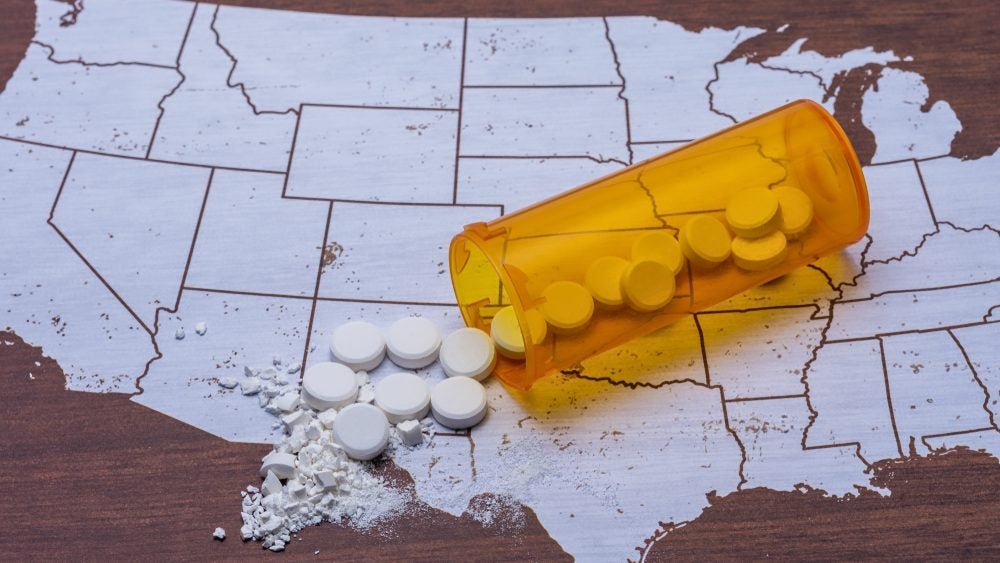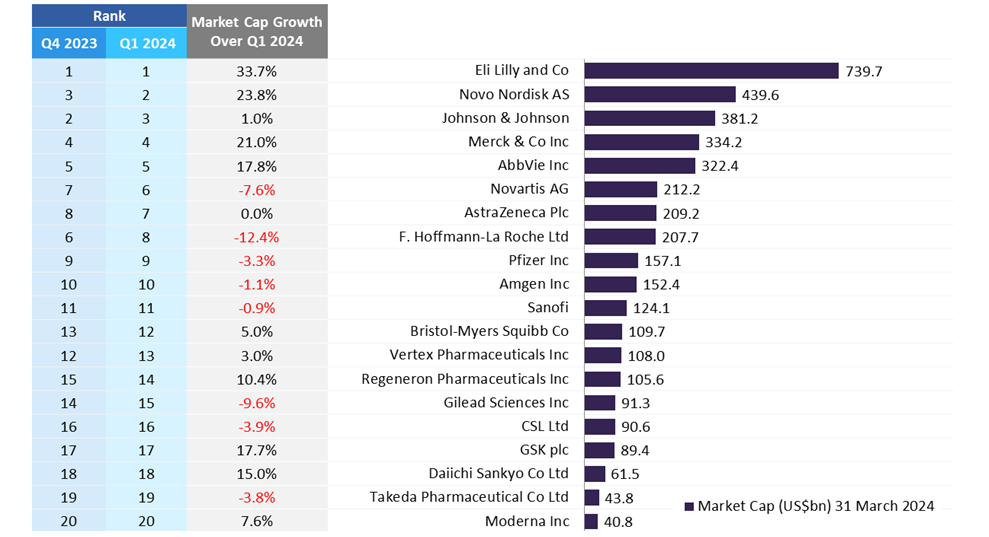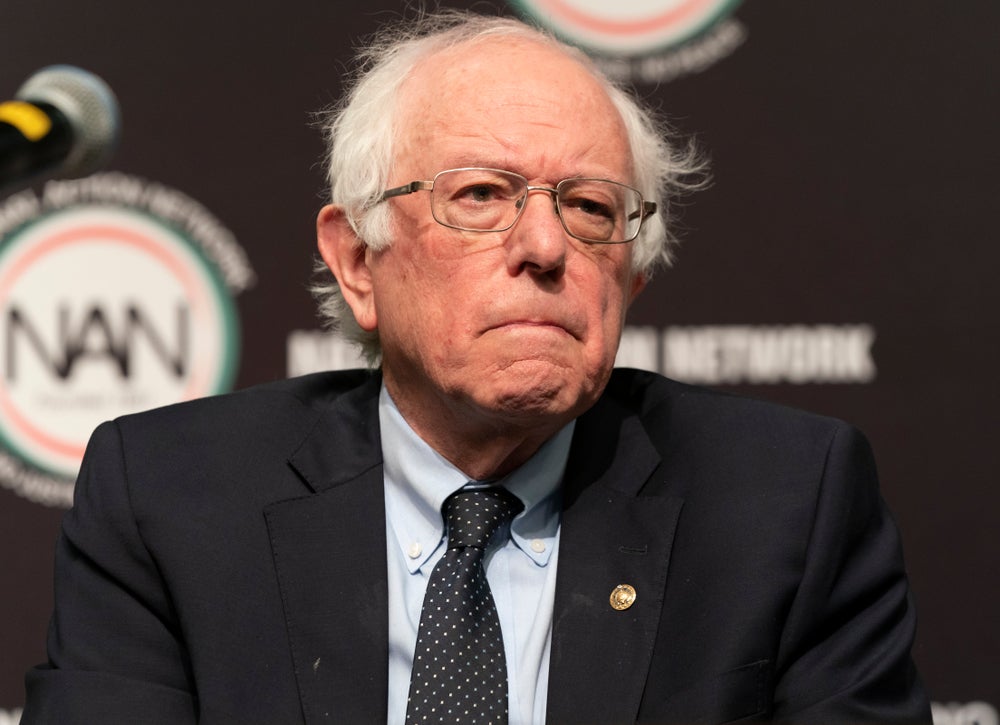
A GlobalData survey has found that 50% of HCPs in major healthcare markets think controlling prescription drug pricing could be a major solution to addressing healthcare inflation.
Over the last few years, several companies have seen rises in inflation as they recovered from the impact of Covid-19. GlobalData highlighted geopolitical issues, inflation, and supply and demand imbalance as key factors delaying economic recovery.
GlobalData’s report on the impact of inflation on the healthcare sector during H2 2023 asked physicians, from China, the UK, the US, Japan, Italy, France, and Germany, for their opinions on the rise in drug prices. The survey found that more than 50% of respondents predicted that prices would increase as inflation rates increased.
GlobalData is the parent company of Pharmaceutical Technology.
In several countries such as the US, however, prescription drug pricing has soared at a faster rate than inflation.
See Also:
The US Inflation Reduction Act (IRA) allows Medicare to directly negotiate lower prescription prices for certain drugs and requires certain companies to pay rebates if the drug prices exceed the rate of inflation back to Medicare. More than 50% of US physicians stated that they believed the IRA would make a difference in reducing drug prices, whilst a third of HCPs did not hold a strong stance on the topic.
How well do you really know your competitors?
Access the most comprehensive Company Profiles on the market, powered by GlobalData. Save hours of research. Gain competitive edge.

Thank you!
Your download email will arrive shortly
Not ready to buy yet? Download a free sample
We are confident about the unique quality of our Company Profiles. However, we want you to make the most beneficial decision for your business, so we offer a free sample that you can download by submitting the below form
By GlobalDataIn December 2023, the Biden-Harris Administration announced that the price of 64 drugs increased faster than inflation in the US last year. This included an increase in price for 48 Medicare Part B drugs that occurred in Q4. The White House labelled the price hikes as “exorbitant price gouging”.
The White House declared that starting last month, Medicare beneficiaries of those 48 drugs would have lower coinsurance than what they would have otherwise paid, saving them between $1 and $2,786 per dose of their medication.
The US Government has also recently taken steps to improve access to cell and gene therapies (CGT), which tend to be expensive. Earlier this week, the Centers for Medicare and Medicaid Services (CMS) stated that it would act as a proxy between drug manufacturers and states to negotiate CGT deals. This would include facilitating outcome-based agreements, and pricing rebates.
In a 31 January press release, Sachin Gharat, an associate project manager at GlobalData said: “Implementing controls over drug prices is a complex endeavour that demands careful balancing. Excessive pricing limits could potentially discourage pharmaceutical companies from investing in innovative research and development, consequently leading to higher drug prices.”






